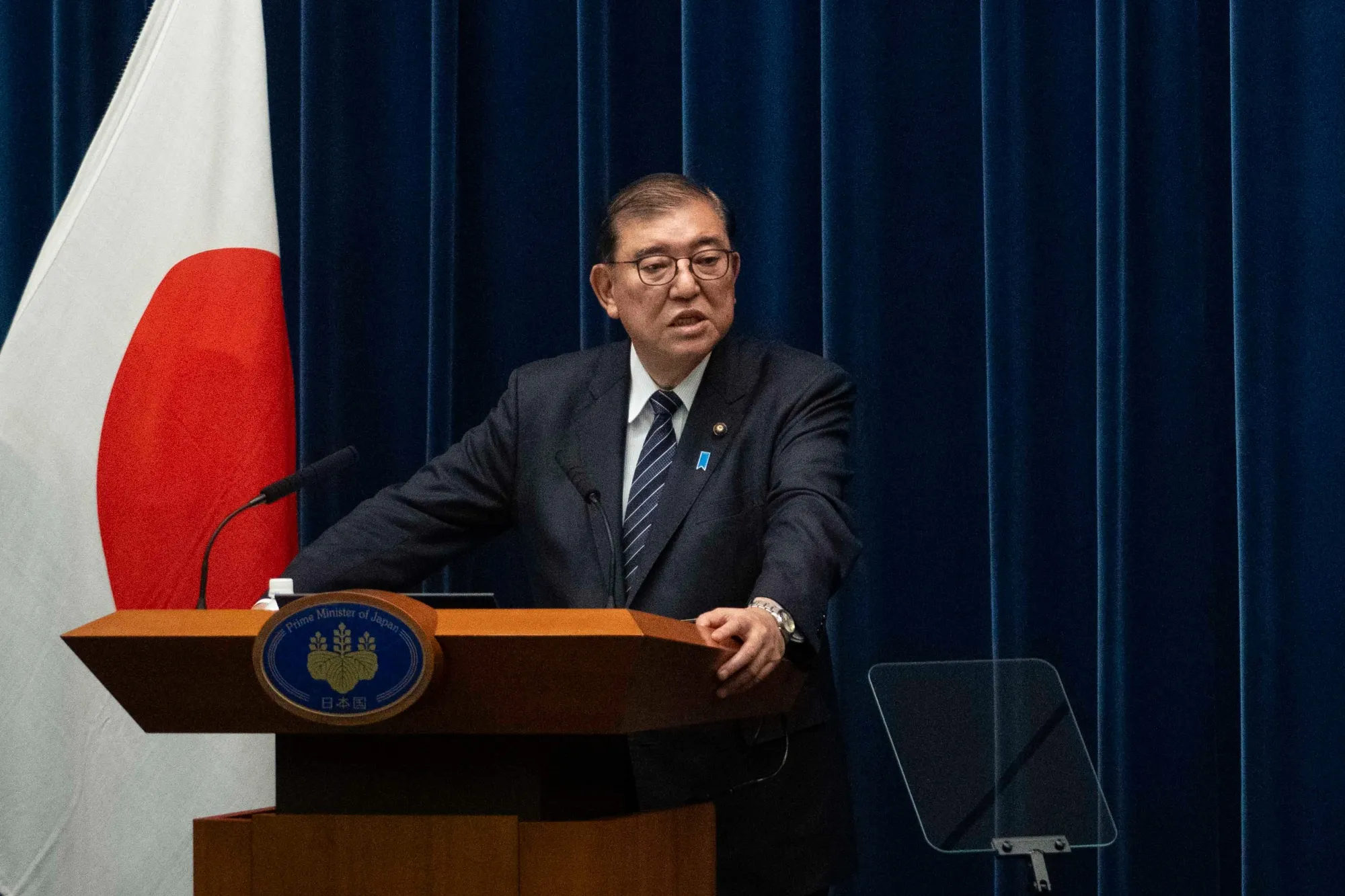Japanese Prime Minister Shigeru Ishiba described last month’s trade pact with the US as a “win-win” for both nations but admitted that implementation could prove more difficult than reaching the agreement itself.
“Some say that carrying the trade deal out is harder than agreeing on it,” Ishiba said in parliament on Monday. “I humbly seek your continued support on this.”
Japan’s chief trade negotiator, Ryosei Akazawa, acknowledged criticism about the lack of a formal written agreement, echoing similar concerns surrounding US trade deals with the EU and South Korea.
The deal, which prevented a threatened 25% US tariff on Japanese imports, instead imposed a reduced 15% rate effective August 1. However, the fate of automobile tariffs—currently at 27.5%—remains uncertain. Autos are Japan’s biggest export to the US and comprise 10% of its economy.
Ishiba, under pressure after his party’s upper house election loss, secured the deal days later, claiming it delivers better terms than those given to other US trade partners. He pledged to push for lower car tariffs and a presidential order to cement the deal.
Support for Ishiba’s cabinet has risen slightly to 36.8%, while the ruling LDP continues to slide, losing majority control in both houses for the first time in 70 years.

